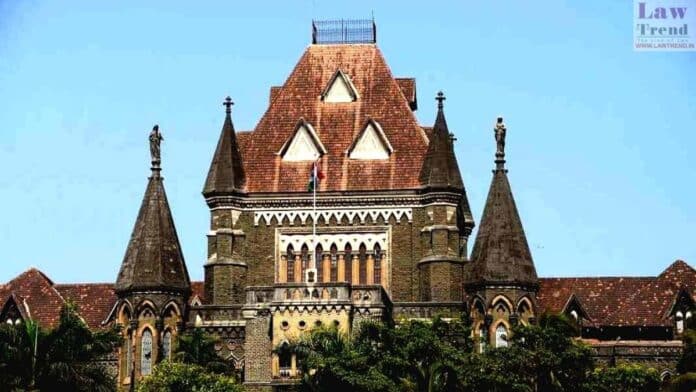In a significant move to address the concerns of the local fishing community, the Bombay High Court has appointed the Tata Institute of Social Sciences (TISS) to assess the damage and quantify compensation for fishermen affected by the construction of the Thane Creek Bridge III (TCB III) project.
A division bench of Justices B.P. Colabawalla and Firdosh Pooniwalla, in an order passed earlier this month, directed TISS to prepare a detailed report on the extent of damage and loss suffered by the project-affected fishermen and recommend an amount towards compensation. The institute has been asked to submit its report by November 21.
“There has been a clear determination that the TCB III will have an impact on the livelihood of the project-affected fishermen,” the court observed. While noting that the damage cannot be determined with absolute accuracy, the bench stressed that an attempt must be made to calculate the damage by considering all relevant factors.
The TCB III project, a six-lane overpass on the Sion-Panvel highway, is nearing completion, with a portion already open to vehicular traffic. The project, spearheaded by the Maharashtra State Road Development Corporation (MSRDC), has drawn criticism from local fisherfolk for impacting their customary fishing rights.
The Mariyayi Machhimaar Sahakari Sanstha Maryadit, a cooperative society representing local fisherfolk, had filed a petition in 2021 raising welfare concerns due to the bridge construction in the Thane Creek area. While the High Court allowed the project to proceed in August 2021, it acknowledged that the construction would affect the livelihood of the fisherfolk and directed the formation of a compensation committee under the Central Marine Fisheries Research Institute (CMFRI).
In March 2022, the court ordered the MSRDC to provide interim compensation of ₹10 crore to over 900 affected fishermen families, with each receiving ₹1 lakh. However, the final assessment of compensation remained unresolved.
The CMFRI, in its final report submitted in 2023, confirmed that the bridge had affected fishing activities but could not quantify the exact loss or the consequent compensation due. Senior counsel Milind Sathe, representing the MSRDC, argued that there was no deficiency in the CMFRI report and claimed that no further compensation was necessary.
However, amicus curiae and senior advocate Sharan Jagtiani supported the petitioners’ call for TISS to conduct a detailed assessment, noting that the CMFRI report had indicated both temporary and permanent damage without specifying the quantum of loss.
The court highlighted a previous successful study by TISS on the Mumbai Coastal Road project, where the institute was able to assess damage and compensation even after substantial construction had occurred. “A similar effort should be made by TISS in the present case,” the bench remarked.
TISS has been permitted to refer to the CMFRI report and the Maharashtra government’s resolution outlining a state-wide compensation policy for project-affected fishermen.




